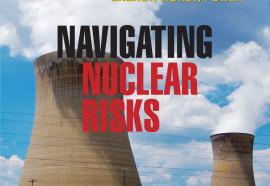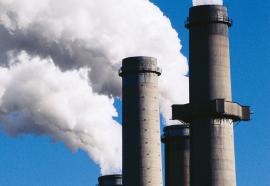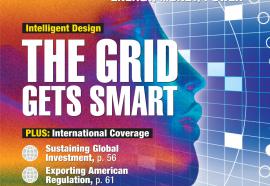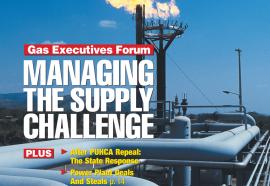Boucher's Gambit
A “clean” bill on carbon tech won’t stay clean for long.
An interesting development in the climate change debate occurred this summer in the U.S. Congress. It wasn’t the Senate’s work on the Lieberman-Warner Climate Security Act; that was a complete palaver and an embarrassment for American democracy. No, it was a bill quietly introduced by Rep. Rick Boucher (D-Va.), chairman of the House Energy & Air Quality Subcommittee.











